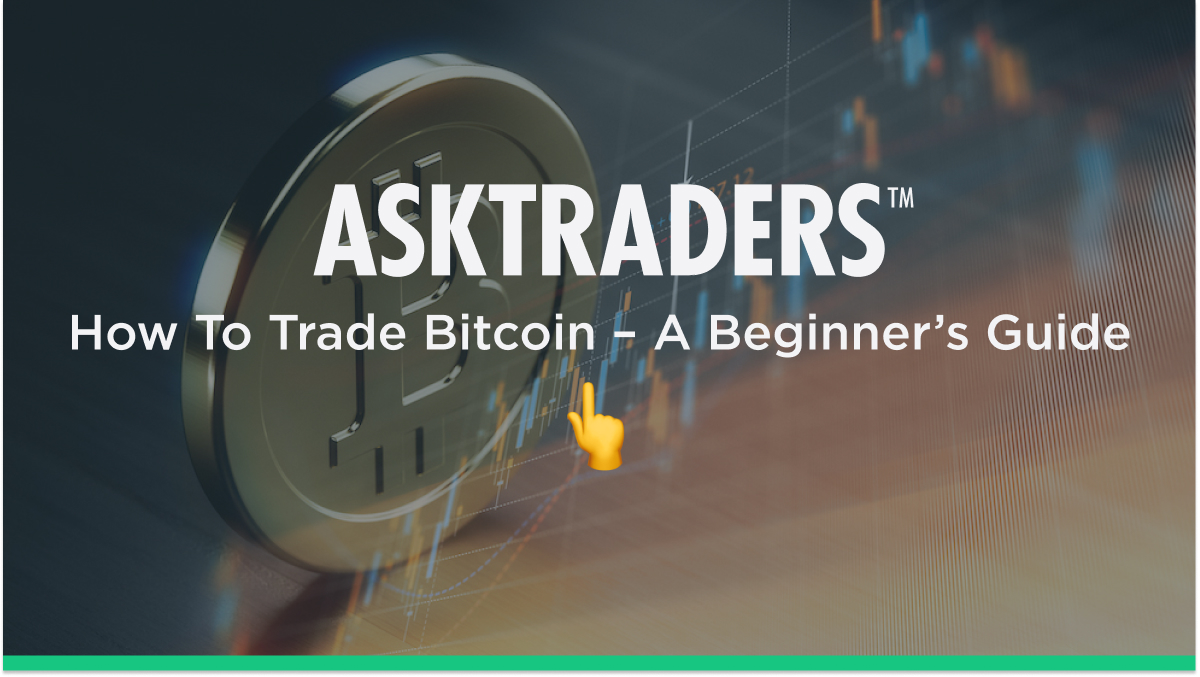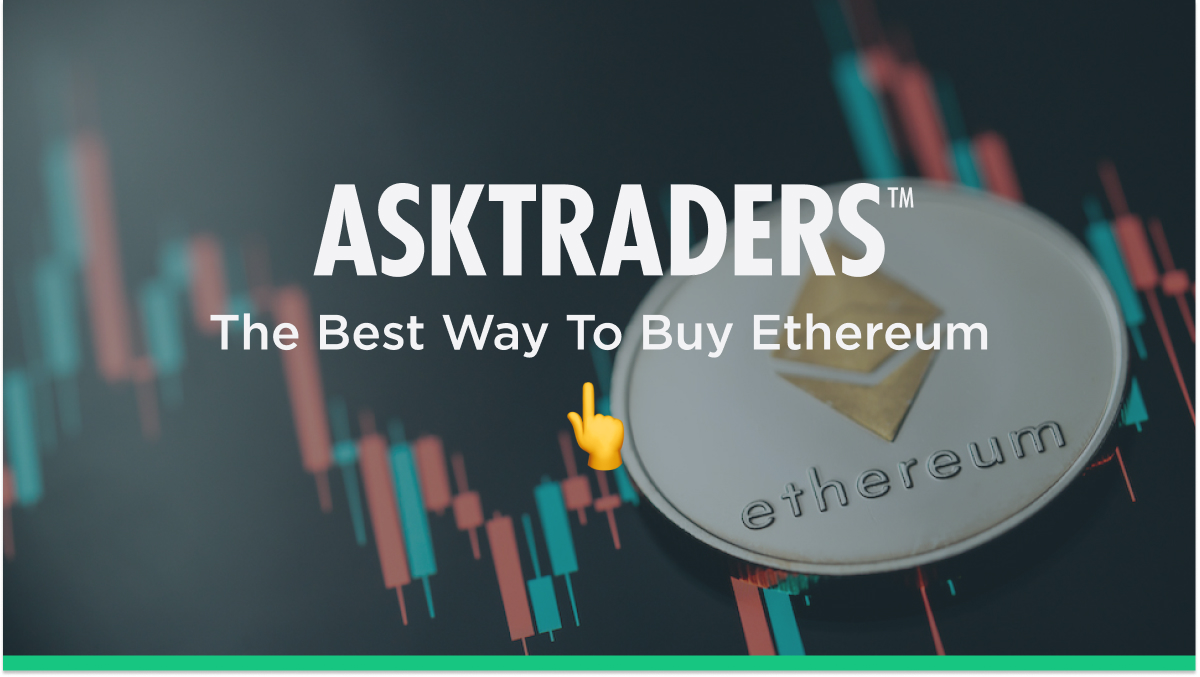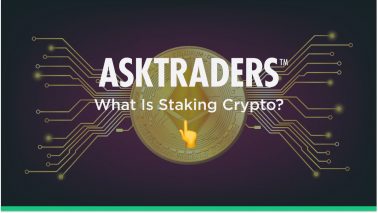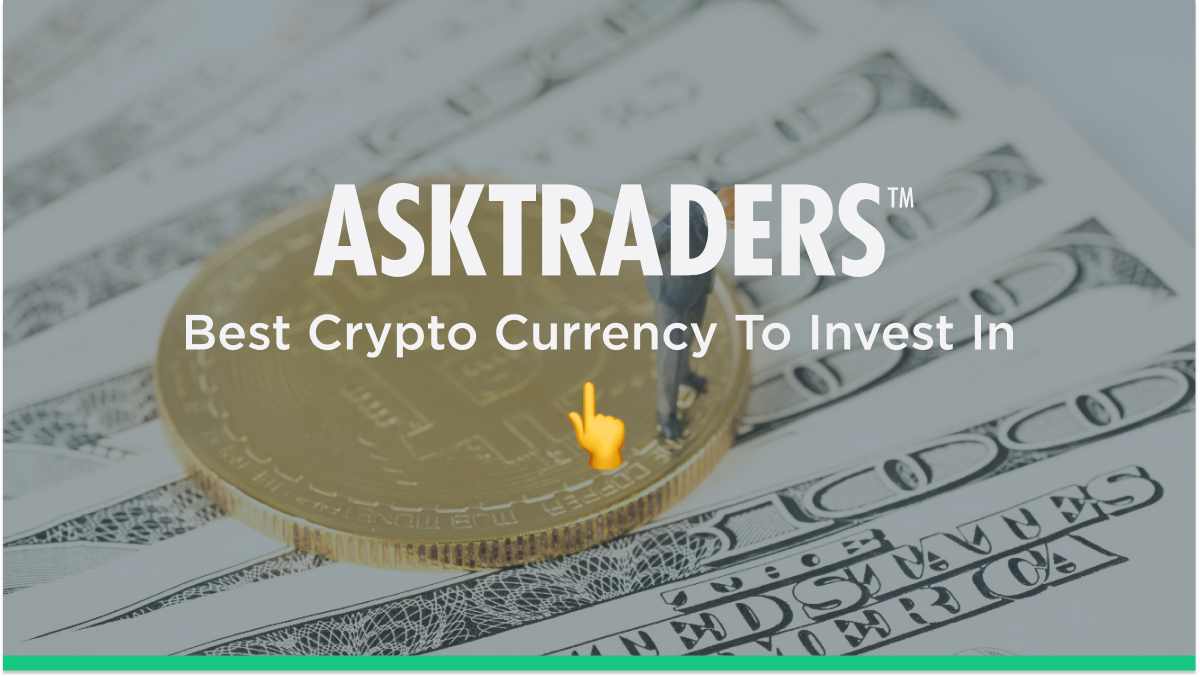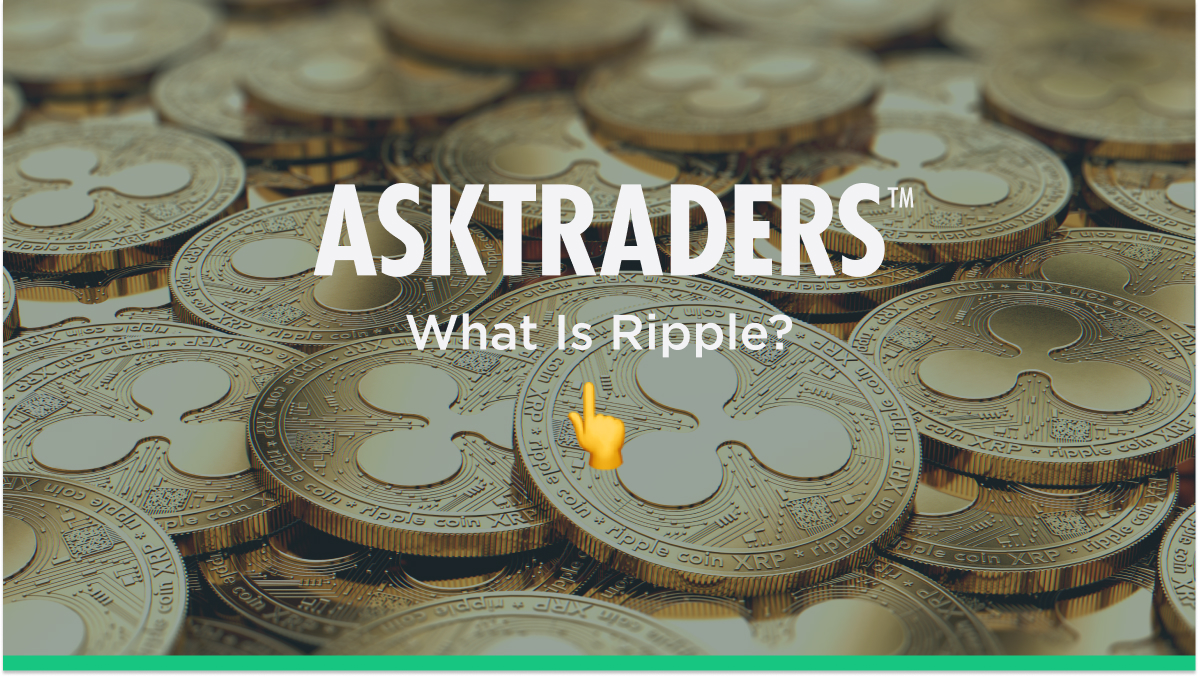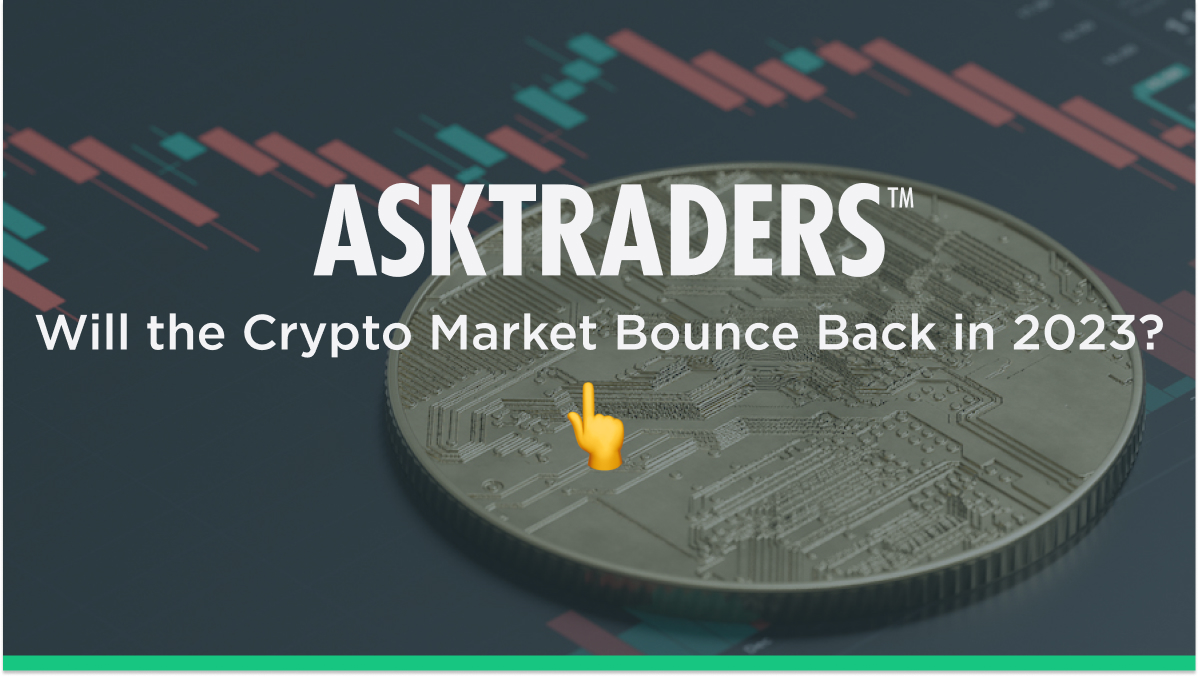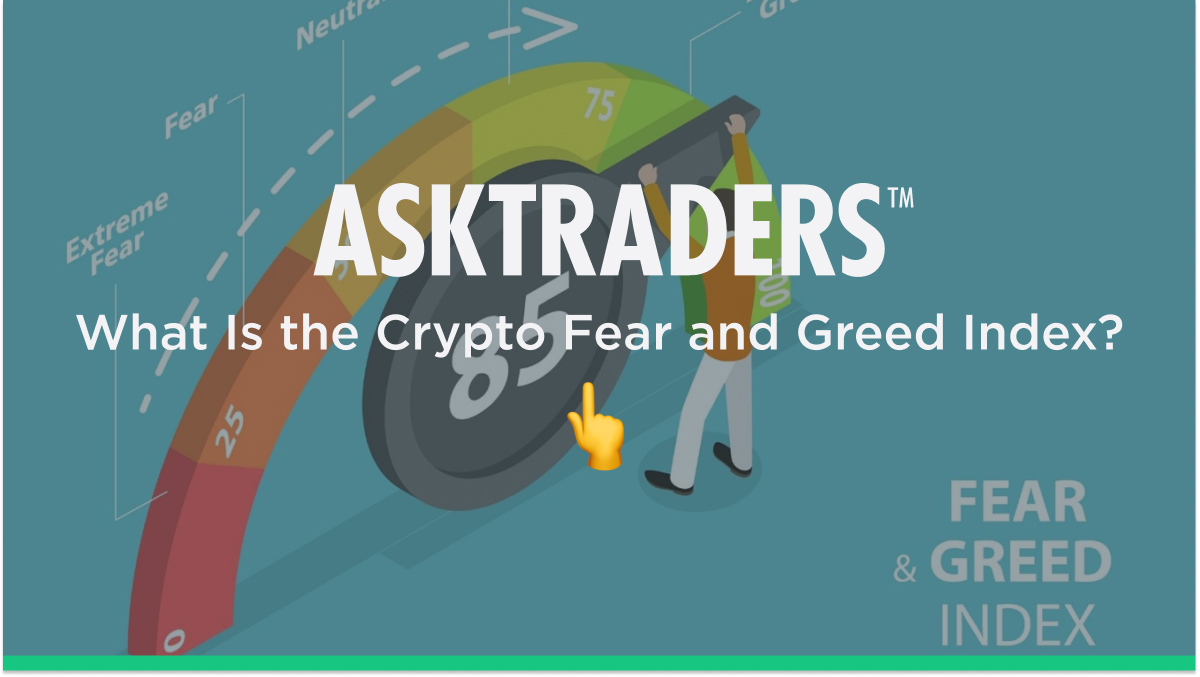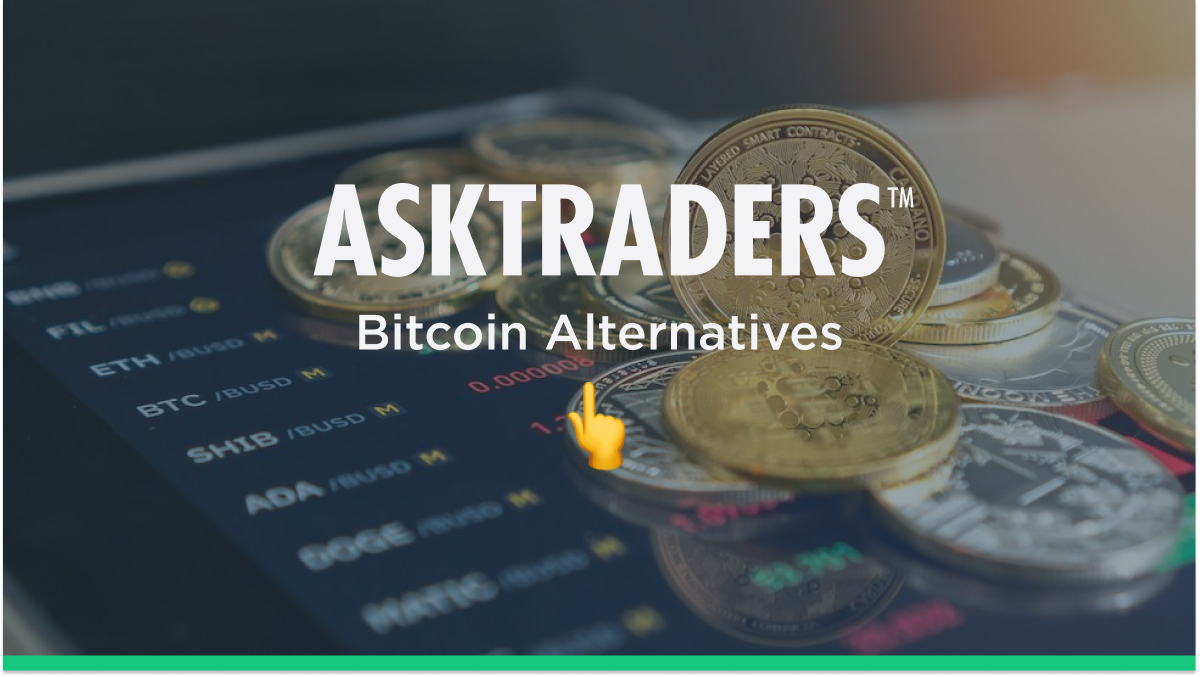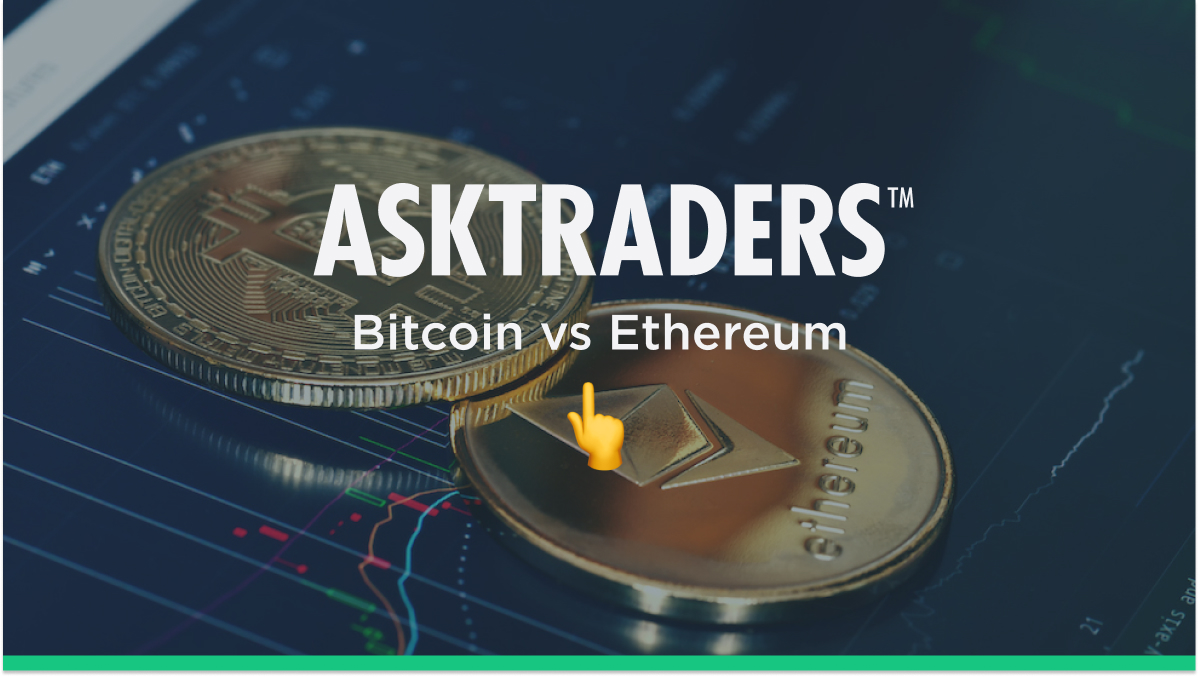Crypto Trading (65)
Since the release of Bitcoin back in 2009, the cryptocurrency market has exploded into life. Today, there are more than 5,000 cryptocurrencies (or altcoins) on the market worth over $150 billion. Over the years, stories have emerged of intrepid traders who wandered into this emerging market and found incredible success. Today, their success attracts like-minded traders who are keen to author their own success stories. Here at AskTraders, you can learn to trade crypto safely before entering into this volatile and unpredictable market. Learn what cryptocurrencies are and how you can trade them. Plus, discover expert trading strategies and top tips to prepare yourself before you set out on your journey to cryptocurrency trading success.
Is Crypto Trading safe?
While virtual currencies are slowly but certainly getting the mainstream attention they long deserved, investing in cryptos is risky and may not be suitable for all investors. Not only are digital currencies more volatile than the other asset classes, but they are also prone to data theft and hacks.
That said, technological advances have led to enhanced data and transactional security. Besides, there are several crypto exchanges, some of them regulated, which pledge to protect your crypto assets. So, before you invest in these newest asset classes, do thorough research.
How to learn Crypto Trading?
Since its inception in the early 2000s, cryptocurrencies have rapidly expanded from an overlooked creation to a worldwide phenomenon, making and breaking fortunes in the process. If trading in digital currencies is something that excites you and you’d like to learn more about the crypto, there are several guides, ebooks and other material freely available on the internet.
Besides, you can also acquire all the info you need about the crypto markets; from beginners guides, price charts, ICOs, legal framework from the extensive crypto guides on AskTraders.com.
Can you make money day trading Crypto?
Yes, you can make money day trading cryptos due to the high volatility of these assets, leading to dramatic swing in prices, both ways. There are over 5000 cryptocurrencies or altcoins in circulation, but all of them may not have the prerequisite liquidity for day trading.
So, if you’re looking to profit from day trading, choose the cryptos that have ample liquidity so that you can not only enter and exit with ease but can also do so at a lower spread or transaction cost.
How to learn Crypto technical analysis?
One way to study price trends in cryptocurrencies is to employ chart analysis. The principal of technical analysis aims to identify future price movements based on historical trends. While it applies to all asset classes, including cryptos, it’s optimal to carry out extensive analysis and examine technical indicators and patterns that have worked well in the past for a particular category of digital currencies.
AskTraders offers access to loads of technical analysis studies comprising beginners guides, chart patterns, candlestick formations, pivot points, overlays, technical indicators and much more.
How does crypto and blockchain work?
A crypto blockchain is a kind of a spreadsheet that stores all transactional information. Whenever there is a crypto trade, the blockchain generates a string of letters and numbers called the hash, in the same order in which they occurred.
The hash, stored in nodes or computers verifies a trade by inspecting them for discrepancies. The nodes validate the current hash and the previous one, and if a majority finds nothing unusual with the transaction, they approve it into the crypto block. Each block refers to the previous block, and the Blockchain network automatically updates every 10 minutes.
